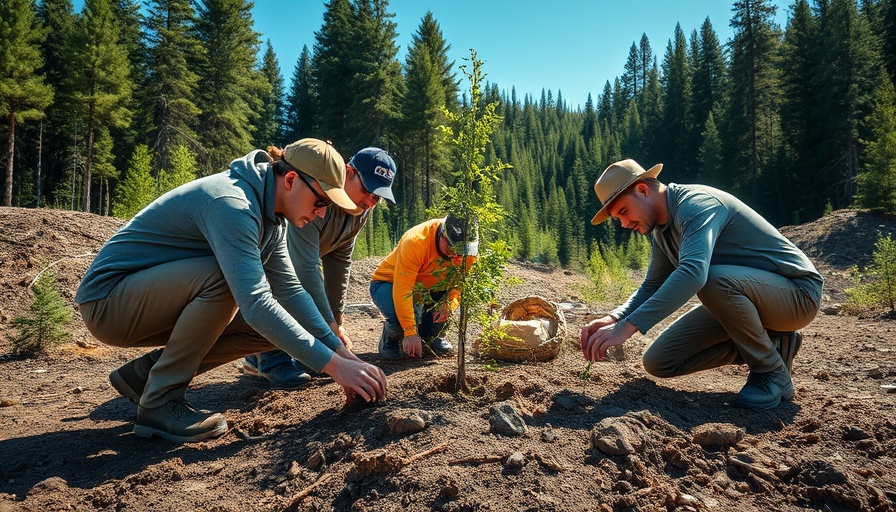
Historic COP16 Agreement Marks New Era for Biodiversity Funding
The recent COP16 UN Biodiversity Conference concluded in Rome with a committed plan for countries to raise a staggering $200 billion yearly by 2030 to protect global biodiversity. This landmark agreement was hailed as a significant step forward by nations aiming to address the urgent challenges faced by ecosystems worldwide. Despite the applause following the announcement, critics argue that more substantial actions are required to meet the daunting timelines and wide-reaching goals set forth during the summit.
Behind the Number: The $200 Billion Commitment
The financial roadmap, which includes a provision to increase funding for developing nations from $20 billion annually starting in 2025 to $30 billion by 2030, has been strategically designed to support vital conservation efforts. As COP16 President Susana Muhamad expressed, this meeting marks a ‘historic day’ for biodiversity, demonstrating that international collaboration remains possible despite geopolitical tensions. These commitments aim to operationalize the ambitious Global Biodiversity Framework and address a gap of $700 billion currently needed for effective biodiversity financial strategies.
Challenges and Concerns: What Needs to Change?
While the commitments made at COP16 have been celebrated, several nations, such as Bolivia, echoed concerns about the lack of specificity surrounding the creation and distribution of these funds. Critics like Juan Carlos Alurralde Tejada warned that biodiversity cannot afford to be delayed by bureaucratic processes, especially when wildlife populations have severely declined. The grim reality is that over the last five decades, global wildlife populations have dwindled by 73%. To combat this, a call for immediate implementation of existing plans is crucial.
Global Implications: Jobs, Health, and Nature
Emphasizing the benefits of the deal transcends the immediate financial implications. A healthy biodiversity plays a crucial role in job creation, particularly in sectors hinged on resources provided by ecosystems. Biodiversity supports clean air, water, food, and is foundational in driving medical discoveries. Therefore, as health enthusiasts aim to intertwine wellness strategies with environmental responsibility, the COP16 outcome aligns seamlessly with a future where health and ecological sustainability are at the forefront of policymaking.
Action Required: Turning Commitments into Reality
As the world looks toward the future, the real challenge remains in the implementation of these agreements. Experts stress that mere commitments without clear mechanisms for accountability will fall short of achieving their goals. International cooperation and continuous pressure from civil society will be essential to ensure that pledged amounts are converted into tangible resources that directly benefit conservation projects and affected communities.
Without immediate action to remediate the growing threats to global biodiversity, the progress made at COP16 risks becoming just an article of political history rather than an actual framework for change. Now is the time for nations to not only talk the talk but also walk the walk towards restoring and safeguarding our planet.
 Add Row
Add Row  Add
Add 




 Add Row
Add Row  Add
Add 



Write A Comment